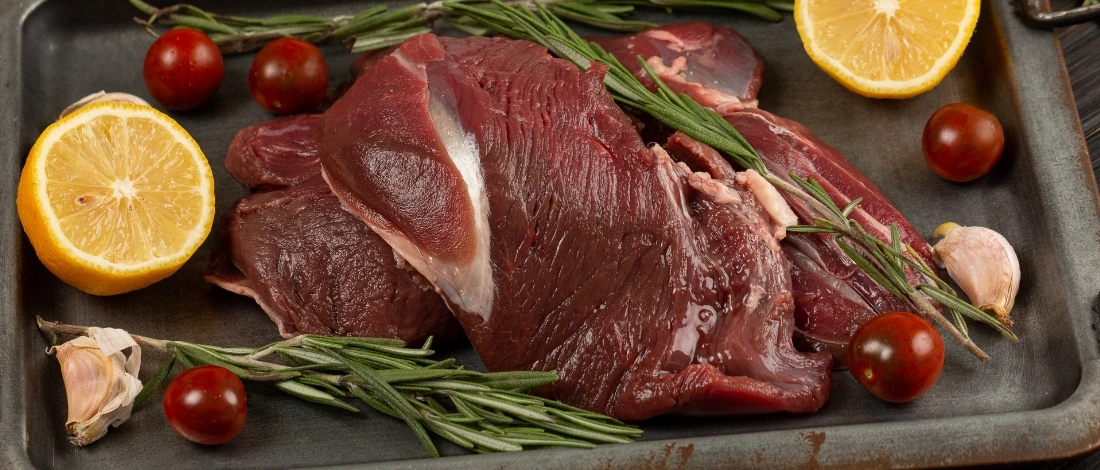Election Day Stakes High for U.S. Agriculture: Farm Bill and Trade Policy in Focus
The U.S. agriculture sector is watching Election Day closely, with implications for trade and the long-awaited Farm Bill.
According to commodity broker Greg McBride, the election’s outcome could significantly impact ag trade, especially for meat markets like pork and beef, which have had fluctuating demand throughout the year.
“We started out the year with very good pork demand… it kind of weaned off a little bit there for a while to come back a little bit. But the last couple of weeks haven’t been so good. Beef demand just kind of plots along pretty well,” McBride stated, highlighting the uncertain future for meat demand in both domestic and international markets.
He added, “That’s the… big wild card over the next week… as we prepare for a brand new president, regardless of which side wins.”
For farmers, the Farm Bill is equally crucial. Legislators plan to resume work immediately after the election, and most experts anticipate an extension of the current 2018 Farm Bill.
Some lawmakers remain hopeful that a new five-year bill could be finalized before year-end, but with pressing economic issues and varying priorities, an extension is more likely.
The stakes are particularly high this year as agriculture faces shifting trade landscapes, potential changes in regulatory standards, and ongoing challenges from climate impacts and input costs.
Many in the sector agree that a comprehensive Farm Bill will be essential to address these concerns, ensuring stable funding, support for climate resilience, and expanded market access.
Curious about how political decisions impact meat markets and trade? Check out our homepage for insights on agriculture policies and industry stakes.






